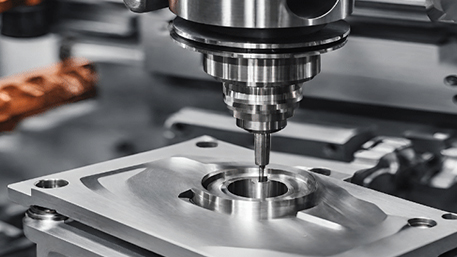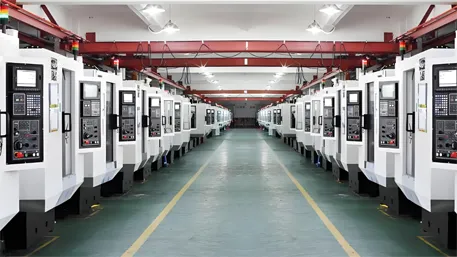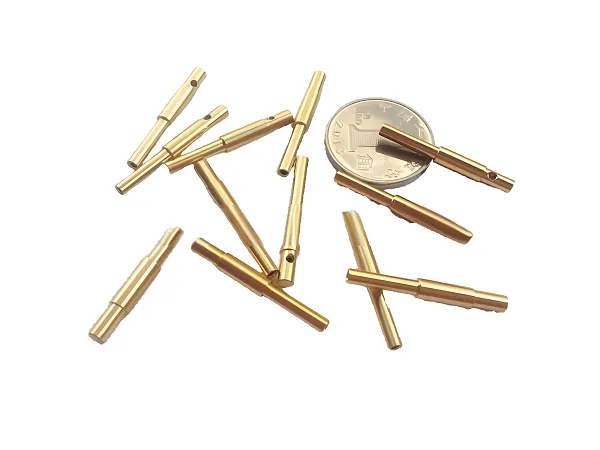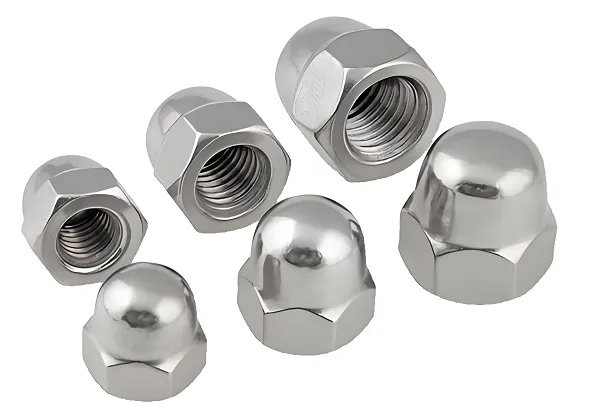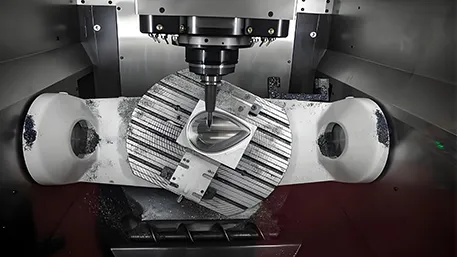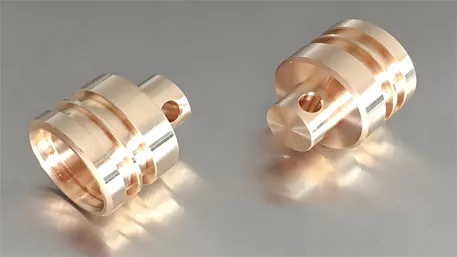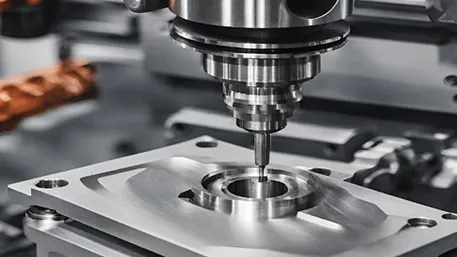 I. Service Overview
I. Service Overview
Customized CNC milling parts service is a high-precision, high-efficiency manufacturing process widely used in prototype creation, precision machining, and assembly of mechanical products. We specialize in providing customers with comprehensive solutions from design to production, covering custom parts, surface finishing, mechanical system components, and more. With advanced CNC milling technology and a professional team of engineers, we are committed to meeting the demands of modern industry for high-precision, high-quality parts.
II. Milling Process Technology
2.1 CNC Milling Technology
CNC milling is a machining process that removes excess material from a block using a rotating cutter to form the desired custom shape. It can achieve strict tolerance requirements for parts while producing highly complex part structures. The application of CNC milling is flexible and versatile, capable of performing tasks such as drilling, boring, milling flat surfaces, milling end faces, tapping, and more.
2.2 Milling Factors and Methods
- Cutting Speed: The linear velocity of the maximum diameter point of the milling cutter where it cuts.
- Feed Rate: Including feed speed (mm/min), feed per revolution (mm/r), and feed per tooth (mm/z).
- Depth and Width of Cut: Determines the amount of material removed per cut.
Milling methods are primarily divided into peripheral milling and face milling, as well as climb milling and conventional milling. In climb milling, the rotation direction of the milling cutter is the same as the feed direction of the workpiece, which helps clamp the workpiece and improve surface quality; conventional milling is the opposite, suitable for rough machining and preventing tool breakage.
2.3 Characteristics of Milling Processes
- High Precision: CNC milling can achieve tolerances as small as a few tenths of a millimeter, ensuring consistent part dimensions.
- Complex Shape Machining: Suitable for parts with curved contours, surfaces, and other complex structures.
- Efficient Production: Multi-tooth cutters and high cutting speeds increase productivity.
- Good Heat Dissipation: The tool receives some cooling during the milling process, extending tool life.
III. Milling Equipment
We are equipped with various types of milling equipment to meet the needs of different scales and complexities of part processing:
- Gantry Milling Machines: Suitable for large-scale part milling, with multiple milling heads that can work simultaneously, providing high productivity.
- Knee-and-Column Milling Machines (horizontal and vertical): Suitable for small to medium-sized part milling, offering great flexibility.
- Specialized CNC Milling Machines: Equipped with advanced CNC systems, capable of high-precision, complex shape part processing.
IV. Milling Materials
The choice of milling tools and workpiece materials is crucial to processing quality and efficiency. Common milling materials we use include:
- Carbide: Made by sintering metal powders such as tungsten carbide and cobalt, it has high hardness and wear resistance, suitable for machining hard materials.
- High-Speed Steel (HSS): Featuring wear resistance, high strength, and high cutting speeds, it is suitable for medium-hardness steels, alloys, non-ferrous metals, plastics, and more.
- Ceramics, Alumina, PCD, CBN: These materials have high hardness, wear resistance, and chemical stability, suitable for specific high-difficulty machining.
V. Milled Products
Our customized CNC milling service can produce various types of parts, including but not limited to:
- Complex Structural Parts: Such as parts with complex curves or surfaces, and parts with point variations on the surface forming curved surfaces.
- High-Precision Parts: Like precision thin-walled parts requiring strict tolerances and surface quality.
- Customized Parts: Providing comprehensive custom services from design to production based on customer needs.
VI. Frequently Asked Questions
6.1 How do you ensure the machining accuracy of CNC milled parts?
We use advanced CNC systems and precision milling equipment, combined with a professional team of engineers, to strictly control every step of the processing to ensure part accuracy.
6.2 What types of parts are suitable for CNC milling?
CNC milling is suitable for various types of part processing, especially parts with complex curved contours or surfaces, as well as parts requiring high precision.
6.3 How do you choose milling tool materials?
The choice of milling tool materials should be based on specific processing requirements, considering factors such as tool cutting performance, durability, and processing efficiency. Common milling tool materials include carbide, HSS, ceramics, etc.
6.4 What is the production lead time for CNC milling?
The production lead time depends on part complexity, quantity, and our production schedule. We are committed to providing quick turnaround times to meet customer delivery needs.
VII. Conclusion
Our customized CNC milling parts service is characterized by high precision, high efficiency, and high quality, dedicated to providing customers with comprehensive solutions. Whether you need to machine complex structural parts or high-precision parts, we are committed to providing you with excellent service. Welcome to inquire about cooperation and let’s create a brighter future together!

